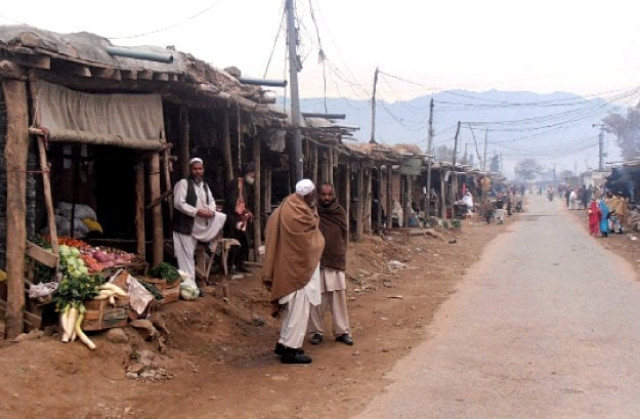Skill development: ‘Empower Afghan refugees before repatriation’
Workshop seeks input from participants on ways the problems of Afghan workers can be addressed.

The workshop aimed at seeking input from the participants on ways the problems of Afghan workers could be addressed. PHOTO: FAZAL KHALIQ/EXPRESS
Speakers at a workshop on Friday stressed the need for empowering Afghan refugees through skill development to enable them to contribute to their country’s socio-economic development upon they return.
The workshop focused on the possibility of repatriation with the year. It was organised by the International Labour Organisation (ILO) and the United Nations High Commissioner for Refugees (UNHCR) at Avari Hotel.
The workshop said that the governments of Pakistan and Afghanistan had yet to agree to a repatriation process. The federal government would decide on whether or not to extend the validity of the proof-of-registration cards beyond June 30.
The workshop aimed at seeking input from the participants on ways the problems of Afghan workers could be addressed. It also talked about problems faced by communities hosting the Afghan refugees. These included a lack of sufficient employment opportunities and adequate social protection.
The speakers said the host government needed to empower refugees through skill development and capacity building focusing on the Afghans’ access to livelihood programmes, employment and decent work opportunities.

Dr Saifullah Chaudhry, a senior programme officer at the ILO, said that a joint consultative process had been started by the ILO and the UNHCR in May 2011.
He said if aimed at developing a project focusing on three elements – voluntary repatriation, sustainable reintegration and support to host communities.
Dr Chaudhry said, “After commissioning two baseline research studies in Quetta and Peshawar, it was felt that similar work needed to be initiated in the Punjab and Sindh as well.”
He said the studies carried out in Peshawar had revealed poor social and economic indicators for both Afghan refugees and the host communities. Most respondents, he said, were engaged in masonry, cattle feed production, textile mills, carpet weaving, leather goods manufacturing and working as meat sellers or rag pickers. They all reportedly earned less than the legal minimum wage, Dr Chaudhry added.
He said the incidence of child labour was high in both communities and vast majority of them – around 90 per cent – had been reported to have no formal employment contracts.
He said most of them appeared to be unaware of the minimum wage level besides having a weak bargaining position to negotiate terms of employment.
UNHCR representative Yasir Ayaz Khan said that the ILO and the UNHCR were focusing on addressing the hard issues of creating an integrated policy framework for the refugees and host communities at the national and provincial levels. He hoped that the efforts by to organisations would result in an greater awareness of policy makers, donors, media and people about the importance, need and functions of adult literacy and other decent work opportunities for the Afghan refugees and host population residing in Pakistan.
Pakistan Workers Federation general secretary Zahoor Awan said that the rights of all workers, irrespective of their country of origin, should be protected in regard to decent living and working conditions.
Employers’ Federation of Pakistan representative Ahmad Husnain, Punjab Labour Department’s Syed Zaigham Khan and Kanwal Tariq from the Commissionerate for Afghan Refugees also addressed the workshop.
Published in The Express Tribune, June 8th, 2013.



















COMMENTS
Comments are moderated and generally will be posted if they are on-topic and not abusive.
For more information, please see our Comments FAQ